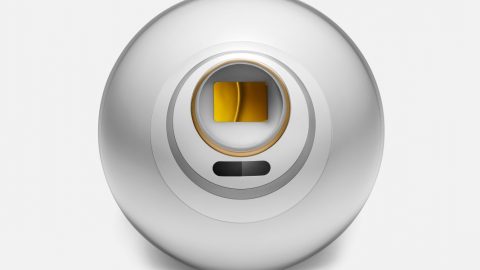
In recent months, a new class of agents has arrived on the scene: ones built using large language models. Any action that can be captured by text—from playing a video game using written commands to running a social media account—is potentially within the purview of this type of system.
LLM agents don’t have much of a track record yet, but to hear CEOs tell it, they will transform the economy—and soon. Despite that, like chatbot LLMs, agents can be chaotic and unpredictable. Here’s what could happen as we try to integrate them into everything.
—Grace Huckins
This story is from the next print edition of MIT Technology Review, which explores power—who has it, and who wants it. It’s set to go live on Wednesday June 25, so subscribe & save 25% to read it and get a copy of the issue when it lands!
These new batteries are finding a niche
Lithium-ion batteries have some emerging competition: Sodium-based alternatives.
Sodium is more abundant on Earth than lithium, and batteries that use the material could be cheaper in the future. Building a new battery chemistry is difficult, mostly because lithium is so entrenched. But, as I’ve noted before, this new technology has some advantages in nooks and crannies.
I’ve been following sodium-ion batteries for a few years, and we’re starting to see the chemistry make progress. Let’s talk about what’s new for sodium batteries, and what it’ll take for them to really break out.
—Casey Crownhart
This article is from The Spark, MIT Technology Review’s weekly climate newsletter. To receive it in your inbox every Wednesday, sign up here.






Recent Comments